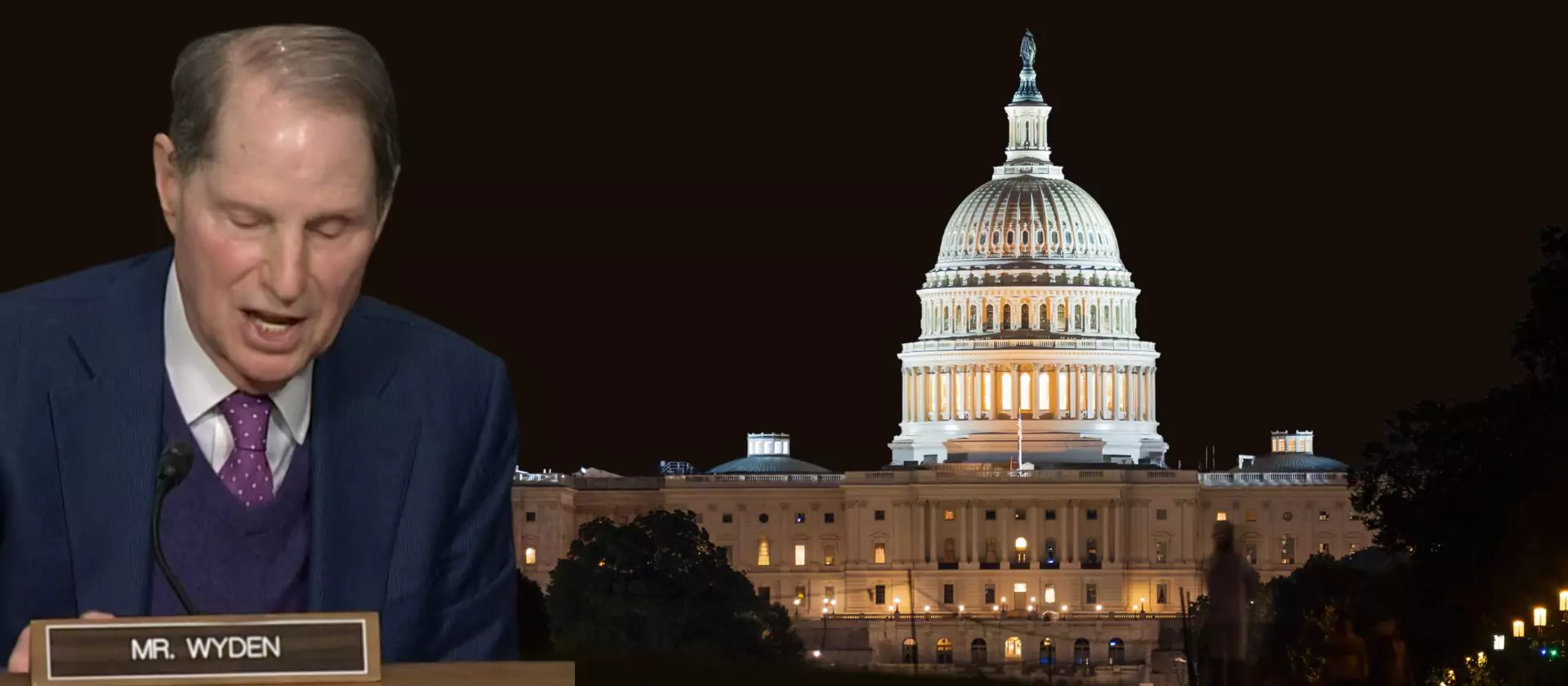News Release
By enacting a state earned income credit in 1997, Oregon became one of six states that have raised their tax thresholds on low income working families since 1991. But Oregon still has high taxes on families with incomes at the federal poverty level according to a new study by the Washington, D.C.-based Center on Budget and Policy Priorities (CBPP), a national nonpartisan research organization and policy institute.
The study shows that for 1997, among the 42 states (including the District of Columbia) that levy income taxes, Oregon had the 10th highest tax on poverty-level families of four and the 15th highest tax on poverty level families of three. The state earned income tax credit enacted by the 1997 Legislative Assembly did reduce the tax burden on the working poor. In 1996, Oregon had the fifth highest tax on poor families of four, and the seventh highest tax on poor families of three among the 42 states.
These high tax burdens on the poor stem in part from Oregon’s low tax thresholds. A tax threshold is the income level at which a family would begin to owe state income tax. In 1997 Oregon had the 19th lowest income tax threshold for two-parent families of four, and the 18th lowest for single-parent families of three. The state earned income credit enacted in 1997 also raised Oregon’s tax threshold. In 1996, Oregon’s tax thresholds were 14th and 13th lowest for two-parent families of four and single-parent families of three, respectively.
“This study shows that Oregon took a good first step toward helping Oregon’s working poor when it enacted the state earned income credit,” said Charles Sheketoff, Executive Director of the Silverton-based Oregon Center for Public Policy. “The study shows, however, that we are still taxing the poor more than two-thirds of the other states,” he added.
Sheketoff noted that Oregon’s earned income credit is only 5 percent of the federal credit. “If Oregon raised the earned income credit from 5 percent of the federal credit to 14 percent, poor families of four would owe no taxes,” said Sheketoff.
“Half the states with income taxes – 21 states — do not tax poor four-person families, and five have negative income taxes — they provide refunds,” noted Sheketoff. “Twenty-two states — over half — do not tax poor single-parent families of three, and six of those have a negative income tax, they provide refunds, ” he added.
“If Oregon wants to get serious about welfare reform, it should expand the state earned income tax credit so that the working poor who leave the welfare caseload can truly become self-sufficient,” said Sheketoff. “Oregon often compares its welfare program with Vermont’s, Wisconsin’s and Massachusetts’s. In those states former welfare recipients are rewarded for working by receiving tax refunds. In Oregon, we tax former welfare recipients who become part of the working poor.”
“As the Governor and others study our tax system, the burden on Oregon’s working poor should not be ignored,” commented Sheketoff. Sheketoff urged the Governor and those studying Oregon’s tax system to consider increasing the earned income credit so that working poor families can become self-sufficient.
The study, State Income Tax Burdens on Low-Income Families in 1997: Assessing the Burden and Opportunities for Relief is available from the Center on Budget and Policy Priorities. The Oregon Center for Public Policy, a Silverton-based nonpartisan think tank that analyzes budget and tax issues and their impacts on low to moderate income Oregonians, can provide a summary of the Oregon data.








